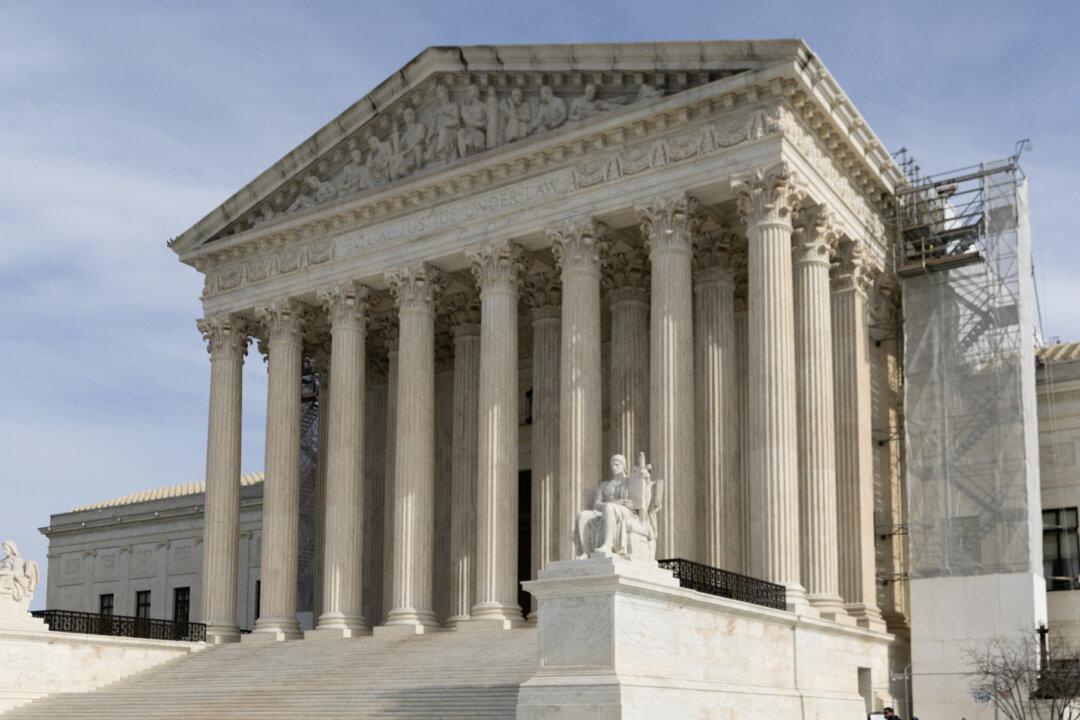The Supreme Court decided on Feb. 26 to reject a case about whether honking a car horn is a constitutionally protected form of free speech.
Although Americans have long sounded vehicle horns to express themselves politically, many states, including California, forbid honking the horn on one’s automobile except to warn of a safety hazard. Officials say hitting the horn excessively reduces the effectiveness of honking as a means of signaling danger or facilitating the flow of traffic.





